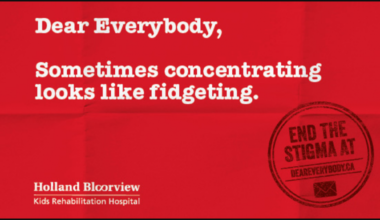advocacy
Occupational Therapy and Trauma 3: A Tool for considering the physical environment in children’s residential homes to address sensory processing issues in trauma-affected children
This article by Clinical Psychologists Christopher Robinson and Alicia Madeleine Brown in the Scottish Journal of Residential Child Care includes…
 22 Apr, 18
22 Apr, 18 

